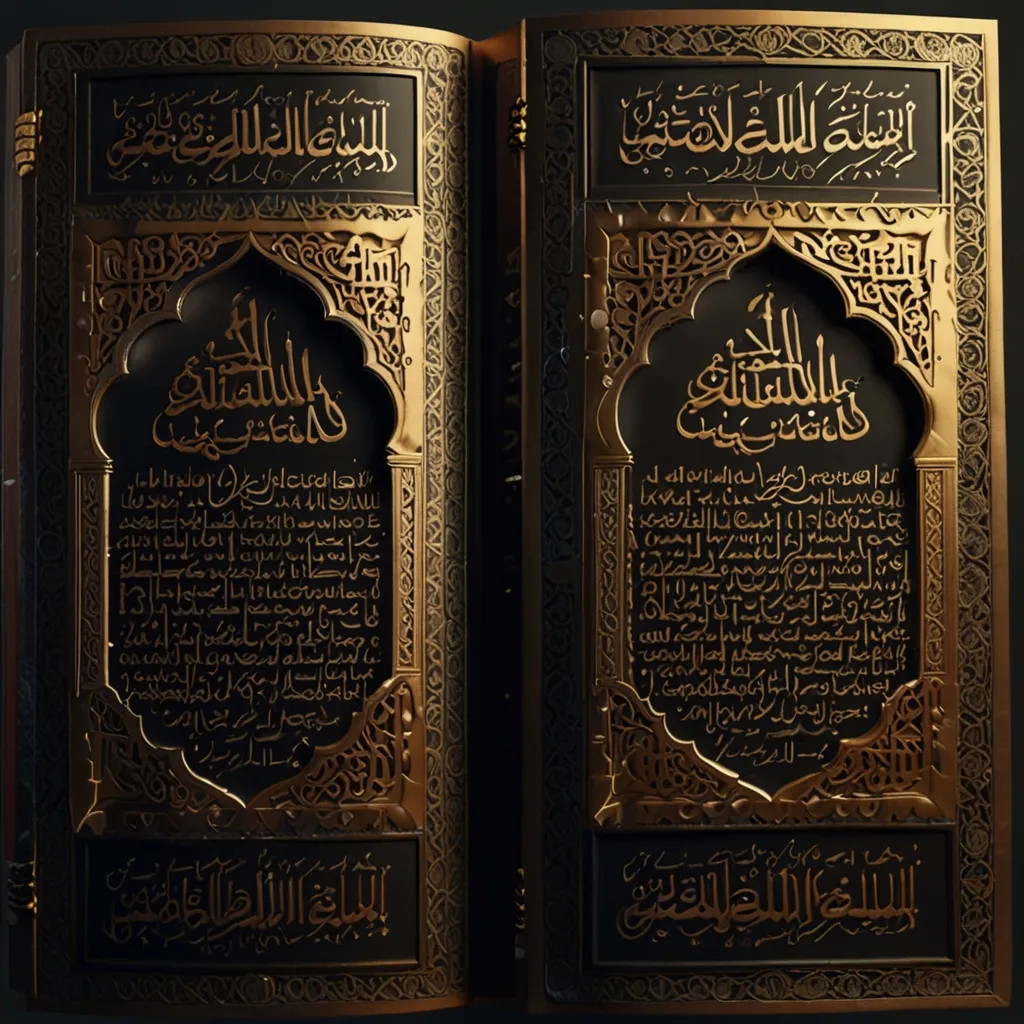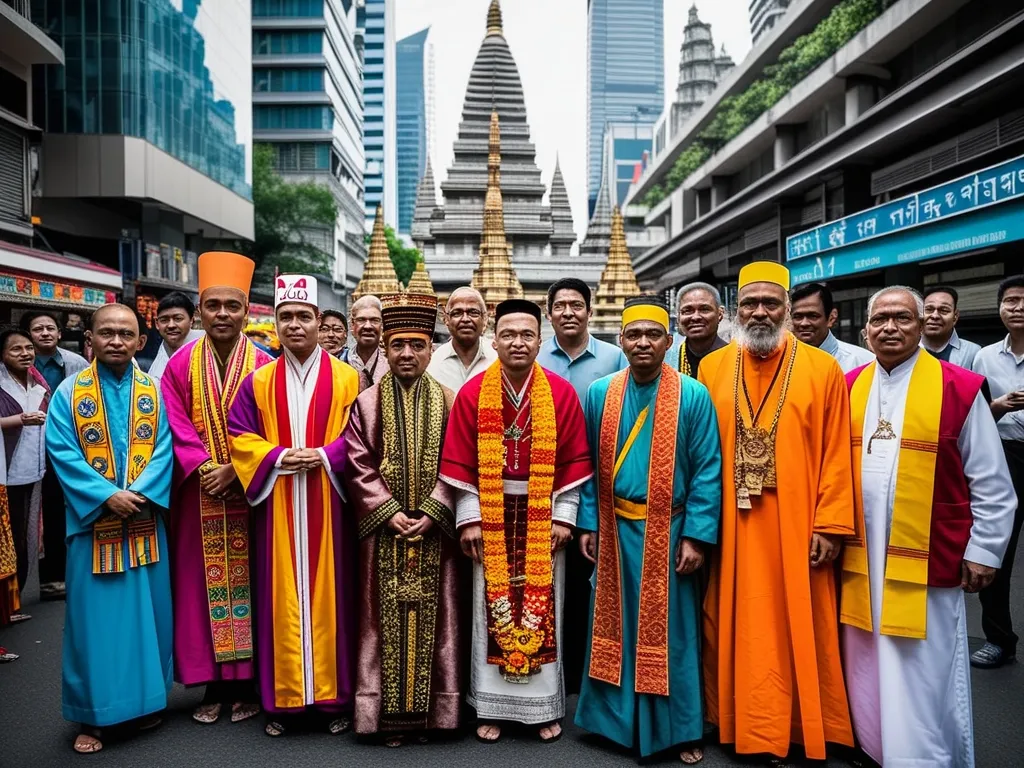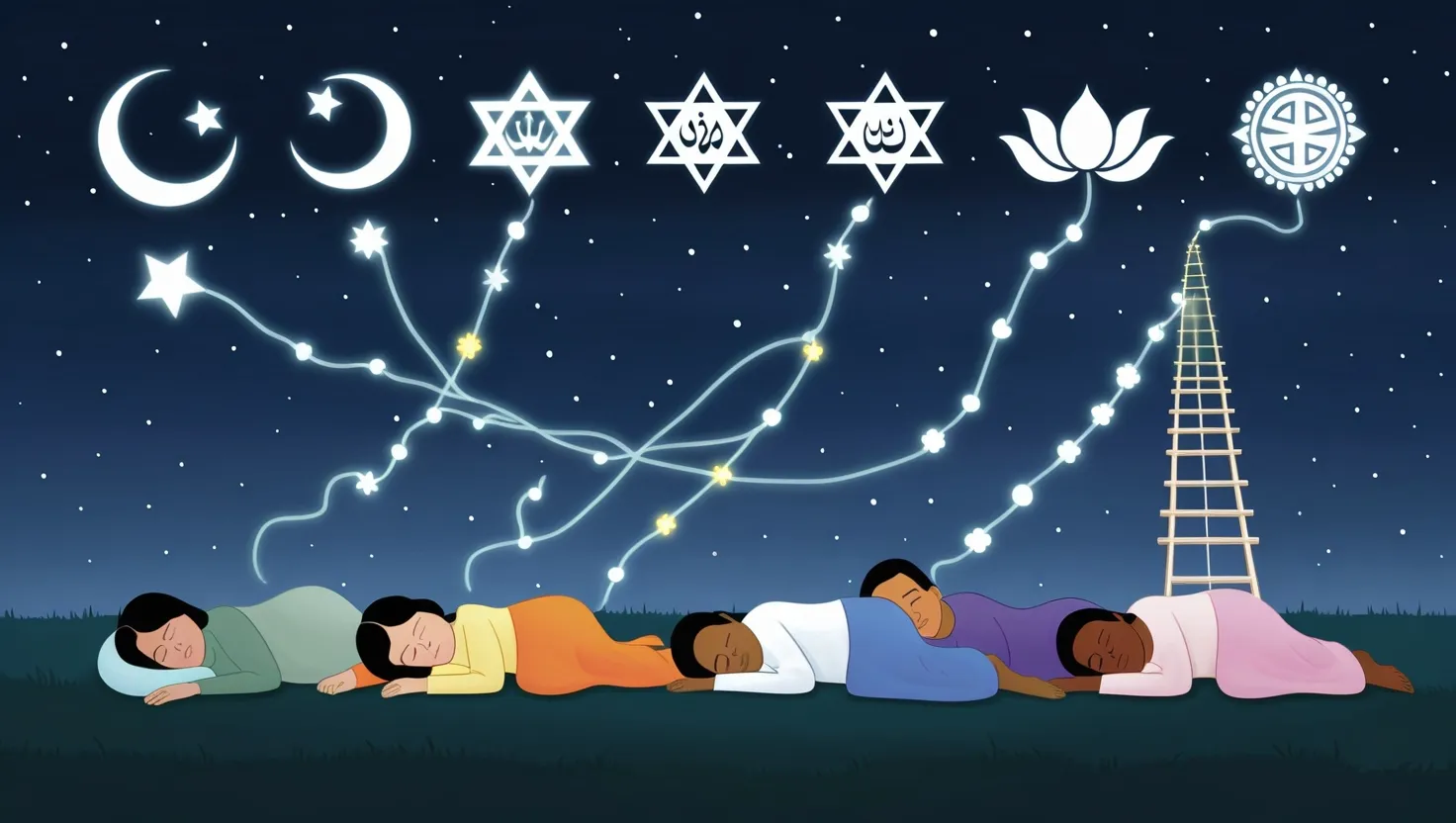In the midst of our bustling lives, where every moment seems to be a race against time, there exists a unique spiritual practice that stands out for its simplicity and profound impact: the Baháʼí Nineteen-Day Fast. This annual observance, a cornerstone of the Baháʼí Faith, is a 19-day period of fasting from sunrise to sunset, a time when believers embark on a journey of spiritual renewal and self-discipline.
The Baháʼí Faith, though relatively young, has carved out a distinct place in the world’s spiritual landscape. Founded in the mid-19th century by Baháʼu’lláh, this faith emphasizes unity, equality, and the spiritual growth of its adherents. The Nineteen-Day Fast, instituted by the Báb and later affirmed by Baháʼu’lláh, is one of the faith’s most significant obligations, alongside daily obligatory prayers.
This fasting period occurs every year in March, immediately following the Intercalary Days known as Ayyám-i-Há. These intercalary days are a time of celebration, charity, and gift-giving, serving as a spiritual preparation for the upcoming fast. The fast itself is a period of complete abstinence from food and drink from sunrise to sunset, a practice that is obligatory for all Baháʼís between the ages of 15 and 70.
One of the unique aspects of the Baháʼí Fast is its exemptions. Unlike some other fasting traditions, the Baháʼí Faith recognizes that not everyone can participate in the same way. Pregnant women, nursing mothers, the elderly, those who are ill, and individuals engaged in heavy labor or traveling are exempt from fasting. This inclusivity reflects the faith’s emphasis on compassion and the well-being of its followers.
The purpose of the fast is fundamentally spiritual. It is a time for meditation, prayer, and spiritual recuperation. Believers are encouraged to use this period to make necessary adjustments in their inner lives, to refresh and reinvigorate their spiritual forces. The fast is symbolic, reminding believers of the importance of abstinence from selfish and carnal desires. It is a period to reconnect with one’s soul and with God.
Unlike fasting practices in some other religions, the Baháʼí Fast does not involve abstention from work or daily activities. Believers continue their daily routines, albeit with a heightened sense of spiritual awareness. This integration of spiritual practice into daily life underscores the faith’s belief in the unity of all aspects of human existence.
The impact of the fast on believers’ daily lives is profound. It requires a level of discipline and self-awareness that extends beyond the physical act of fasting. Believers must also refrain from profane language and gossip, recognizing that such behaviors can damage the souls of all involved. This holistic approach to fasting fosters a sense of community and unity among Baháʼís, as they support and encourage one another through this challenging yet rewarding period.
The Baháʼí calendar, known as the Badi calendar, is another unique aspect of this faith. It consists of 19 months, each with 19 days, plus four or five intercalary days to align with the solar year. This calendar is designed to distinguish sacred moments and reimagine humanity’s place in time and space. The last month of the Baháʼí calendar is dedicated to the fast, culminating in the festival of Naw-Rúz, which marks the Baháʼí New Year and the vernal equinox.
Naw-Rúz is a joyous celebration that brings together not just Baháʼís but also people from other faiths and cultures. It is a time of feasting, music, and dancing, symbolizing the renewal and reawakening that spring brings. This festival serves as a poignant reminder that spiritual growth is closely tied to the natural cycles of life.
In our fast-paced, individualistic society, the Baháʼí Fast offers valuable lessons. It teaches us the importance of taking time to reflect on our inner lives, to reconnect with our spiritual selves, and to cultivate self-discipline. In an era where instant gratification is often the norm, the fast reminds us of the value of patience and the rewards of spiritual practice.
Moreover, the Baháʼí Fast highlights the significance of community. During this period, believers come together for prayers, meditation, and support. This collective effort strengthens bonds within the community and fosters a sense of unity that transcends individual struggles.
For those who observe the fast, it is a transformative experience. It is a time to reassess priorities, to let go of worldly attachments, and to focus on what truly matters. The fast is not just about physical abstinence; it is about spiritual rejuvenation and growth.
In conclusion, the Baháʼí Nineteen-Day Fast is more than just a religious obligation; it is a journey of self-discovery and spiritual renewal. It offers a unique blend of physical discipline and spiritual reflection, promoting unity, self-awareness, and a deeper connection with one’s faith and community. As we navigate the complexities of our modern world, this ancient yet timeless practice reminds us of the enduring power of spirituality and the importance of taking time to reconnect with our inner selves.






